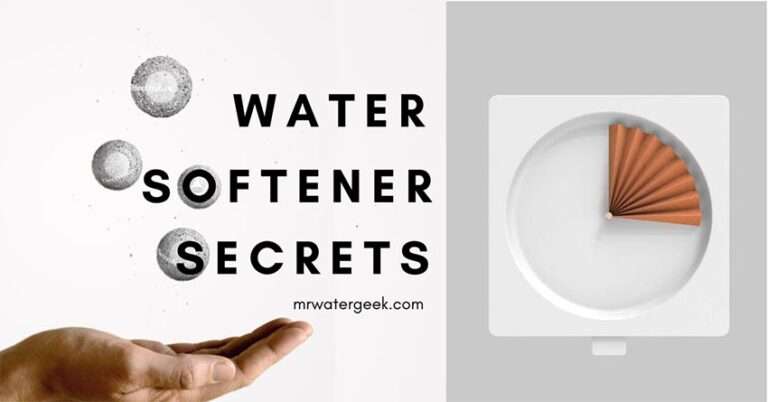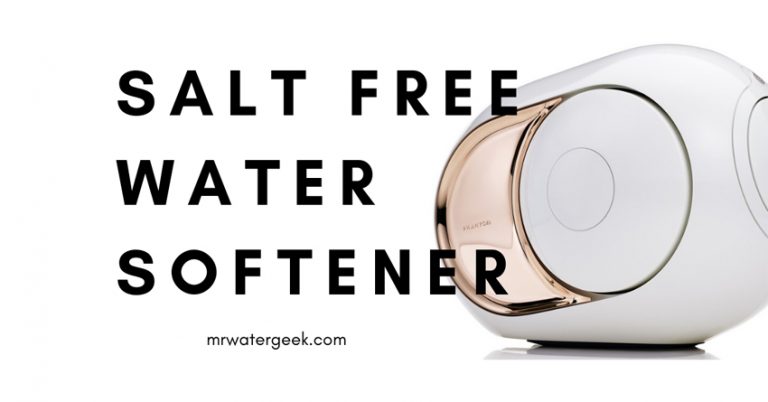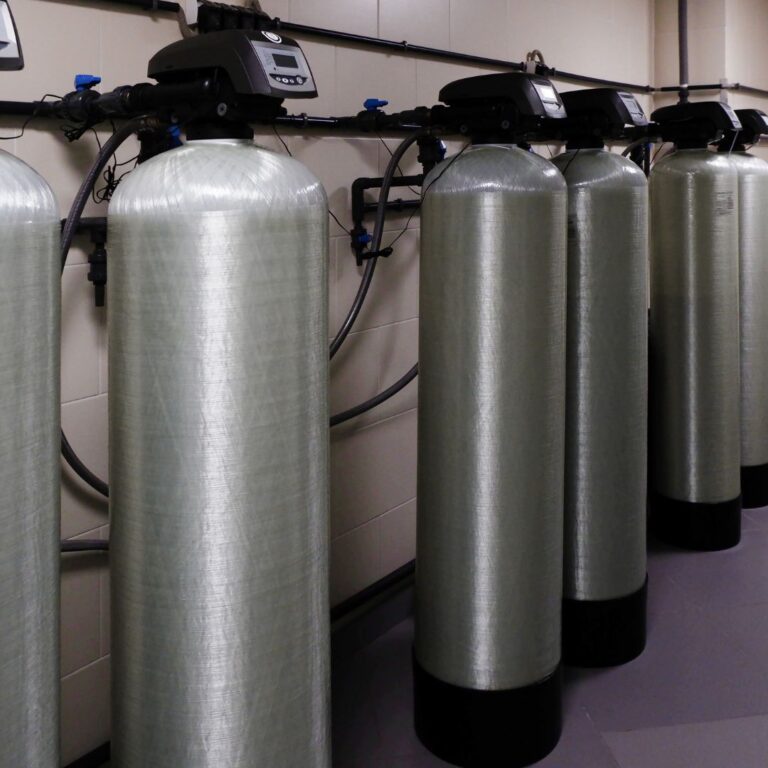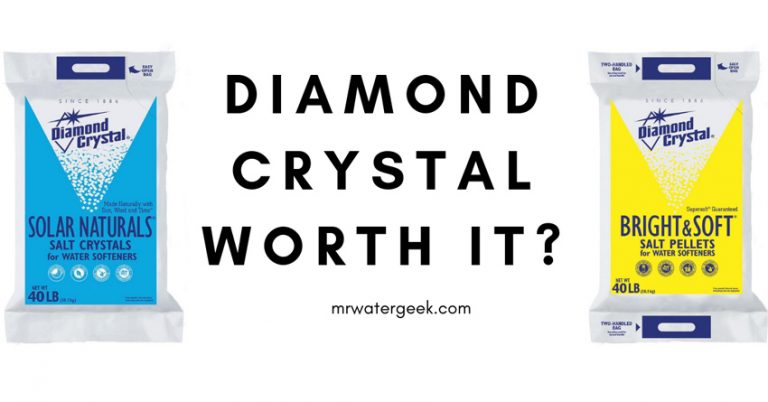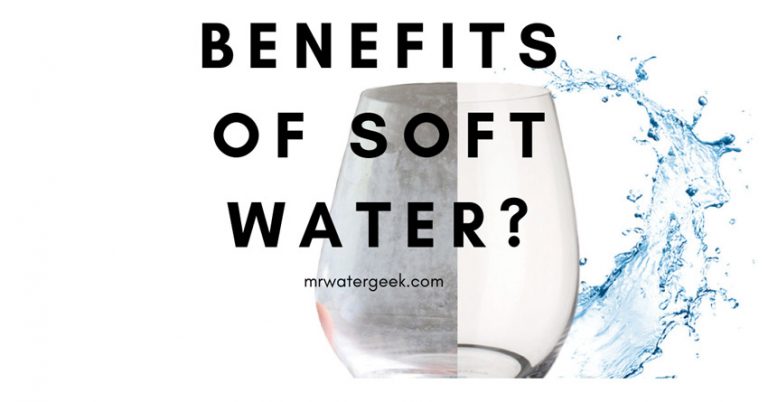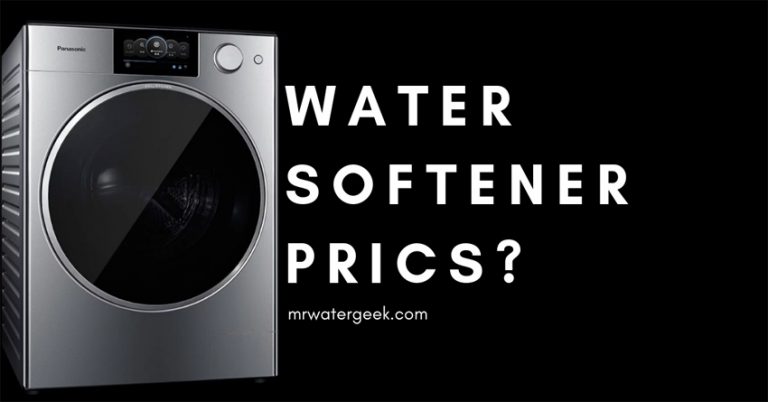Water Softener vs Conditioner: The Biggest PROBLEM!
The Biggest Problem With Water Conditioners
![]()
By far the biggest issue with water conditioners (sometimes called “salt free softeners”) is they are typically not suitable for homes with very high levels of hard water. They are the most effective in homes with low to moderately hard water.
The Biggest Problem With Water Softeners
![]() Although water softeners are one of the most effective ways of treat any level of hard water, they require sodium to do this. This means that you will regularly need to check the salt levels and buy more salt when necessary. People who find this to be an issue will often opt for a water conditioner / salt free softener.
Although water softeners are one of the most effective ways of treat any level of hard water, they require sodium to do this. This means that you will regularly need to check the salt levels and buy more salt when necessary. People who find this to be an issue will often opt for a water conditioner / salt free softener.
Water Softener Vs Water Conditioner Table
What is a Water Softener?
A water softener works through the elimination of water hardness by eliminating minerals (mainly magnesium and calcium) in water through a process called ion exchange.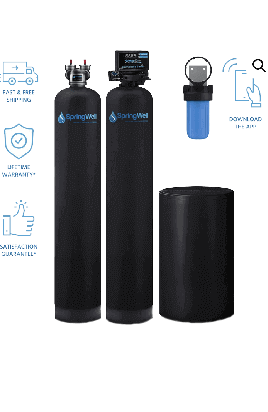
Salt-based water softeners contain a resin bed that filters water through them and exchanges these minerals for hardness against sodium particles.
When the resin bed reaches a saturation point, the cleaning (or regeneration) cycle begins in which a series of back washes flush out the trapped minerals and expel them out of the system. The sodium particles are also replenished and the system continues to soften.
The result of this is soft water that will not create limescale or cause problems (like corrosion) for your home appliances.
What is a Water Conditioner?
A salt-free water conditioner does not soften water. It simply makes its minerals loose so that they lose their ability to stick to your pipes and plumbing. Some water softeners with no salt or saltless conditioners work better than others.
Types of Water Conditioners
- Carbon Filtration.
- Electromagnetic or magnetic water conditioners.
- Salt-free Water Softener
1. Carbon Filtration
GAC (granular activated carbon) or carbon filters remove harmful bacteria. As well as contaminants by absorbing (or trapping) these compounds (e.g. organic compounds) that are attracted to carbon.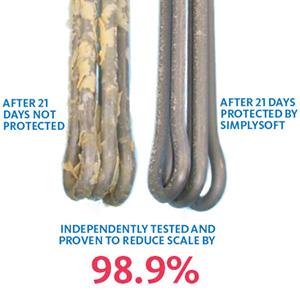
The main use of carbon filters is that they remove unpleasant odors or weird tastes from the water. For instance, sulfur in well water or chlorine in city water.
These systems are simple water purifiers for consumption and not water softeners. They do not soften the water by eliminating the hardness caused by minerals. Carbon Filtration is most commonly found in water filter jugs that are sold in supermarkets and in the water dispenser of your refrigerator.
2. Electromagnetic or magnetic water conditioners
Magnetic or electromagnetic water conditioners use magnets to create a molecular motion in the water. 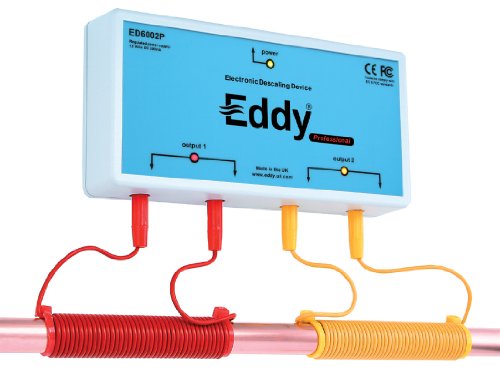
This molecular agitation causes the minerals to displace, thereby reducing the concentration of calcium and magnesium ions.
The result of this is that you are left with water that is effectively soft water in the sense that it’s less likely to make limescale.
Although not expensive, the performance of these devices are not completely guaranteed.
Also, the magnetic field is only present in the immediate area of where it sits on the device. This means that it can not treat large volumes of water at the same time and the water can only stay in the “soft” state for about 48 hours after the treatment.
3. Salt-free Water Softener
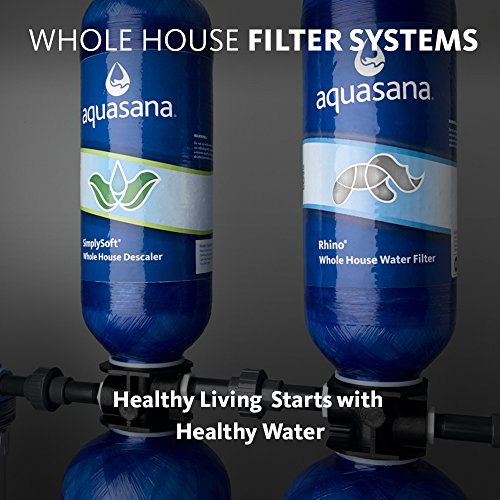 Catalytic media conditioners, also known as salt free water softeners, don’t use ion exchange to eliminate minerals of hardness like their traditional salt-based counterparts.
Catalytic media conditioners, also known as salt free water softeners, don’t use ion exchange to eliminate minerals of hardness like their traditional salt-based counterparts.
Instead, water is treated through a catalytic medium that uses a physical process that is known as TAC (Template Assisted Crystallization).
This makes the shape of the minerals change into hard crystals that do not stick to the surfaces. However, the important thing to note is that these systems do not “soften” water, but simply condition it.
Softener vs Conditioner, What is the biggest difference?
A water softener is a specific type of water conditioner that reduces water hardness. Hard water is formed when dissolved calcium or magnesium ions are present in the tap water of a house.
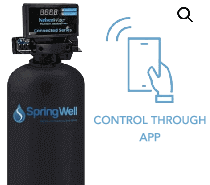 Getting a water softener means that it will remove all the “hard minerals” from your water at source.
Getting a water softener means that it will remove all the “hard minerals” from your water at source.
On the other hand, a water conditioner is just a generic term for any sort of water system that is able to alter the quality of your water to improve it in some way.
Different types of water treatment units have different abilities.
Especially when it comes to water filtration in the ability to remove things like water chlorine. The main purpose is to remove all impurities and improve the taste of water – not just soften.
Softener vs Conditioner, Which One Is Better?
The short answer is that it depends on your needs.
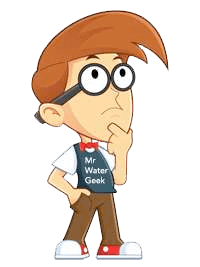 If you want to soften water at home or at your business premise, but are looking for alternatives to getting a regular water softener then you need a water softener alternative.
If you want to soften water at home or at your business premise, but are looking for alternatives to getting a regular water softener then you need a water softener alternative.
However, the hardness levels below are a good rule of thumb to know which one is best.
In order to get your GPG level you should do a water hardness test.
A water SOFTENER is best for = medium to very hard water.
This is very hard water. Meaning lots of limescale problems and white stains around your pipes and plumbing.
A water CONDITIONER is best for = low to medium hard water.
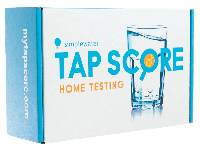 This is low to medium hard water. Good if you just want something to protect your pipes and plumbing from future hard water.
This is low to medium hard water. Good if you just want something to protect your pipes and plumbing from future hard water.
The Aquasana SCM SimplySoft Salt-Free Technology is the bases of their SimplySoft machine and can also be an upgrade for you when you buy the Aquasana Rhino Gallon or OptimH20.
Aquasana Salt Free Softener and Filter System(Conditioner & Filter) | SpringWell Whole House Filter & Salt Softener(Traditional Salt Water Softener & Filter) |
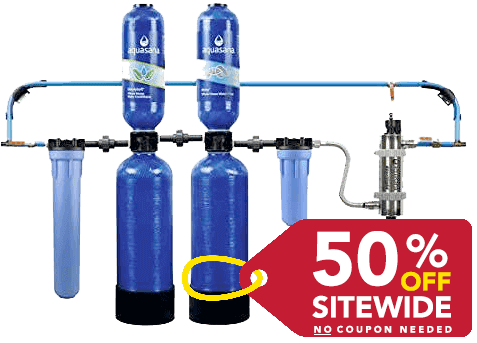 | 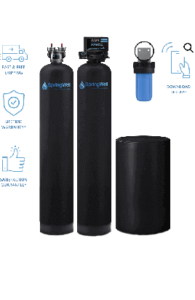 |
| - Powerful salt-FREE water softener. - 1,000,000 one million gallon capacity. - Aquasana Rhino exceeds NSF standards. - Treats hard water WITHOUT salt. - Removes chlorine, bacteria, iron, sulfide, manganese, mercury, lead etc. - Includes pre-filter, copper-zinc and carbon filtration stages with standard fittings. - Treats hard water up to 25 ppm WITHOUT needing salt. - 90-Day Pure Satisfaction Guarantee. | - Powerful salt-BASED water softener. - Also includes a multi-stage filter. - Easy installation (inside or outside) - 6 month satisfaction guarantee and limited lifetime warranty. - Sufficient for 1-3 bathrooms (options for more bathrooms available). |
| Does NOT require electricity or back-flushing. | Requires electricity if using the electronic head monitor. |
| N/A | Effectively treats: calcium and magnesium. |
| Control Your System With An App:? NO | Control Your System With An App:? YES |
| Treats hard water UP TO 25 ppm (low to medium low hard water). | Treats hard water OVER 25 ppm (medium to extremely hard water). |
| Sale prices automatically applied by clicking this link. | |
| If there is *no* sale try coupon code: AQGEEK50 | Coupon Code: GEEK5 |
 |  |
| $$$ Ships to US and CA. | $$$ Ships to US, CA and Puerto Rico. |

